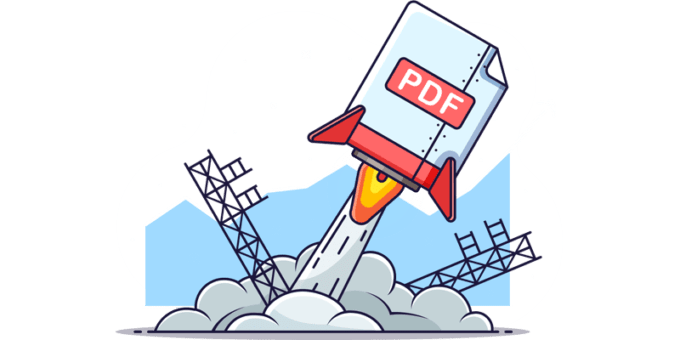

So there is a general feeling of distrust between Google and practicing SEO professionals. There are plenty of old-timey spam tactics that still work in SEO, despite being outlawed by Google. Thing is, Google is not as good at catching cheaters as it claims. Google relies on being able to find quality content and it says it will punish anyone trying to fool its algorithm. The problem with Google is that it is biased. And the other source is people trying to hack the system and get an unfair advantage in search. One is Google itself - it is a source of official SEO guidelines and it produces a ton of content explaining how search works. Well, the main thing to understand here is that there are mainly two sources of SEO information. Some say user behavior is a ranking factor, others say user behavior is too noisy to be taken into account. Some say content should be 2000 words long, others say content length does not matter. If you spend even a day learning SEO, you’ll notice that there is a lot of contradictory advice out there.

Understand why there is conflicting information It’s important to distinguish between the two before you begin putting anyone’s advice into action. On the contrary, there is actually too much information on every aspect of SEO and it may be hard for a beginner to tell the good kind from the bad. The problem with SEO is not the lack of information. Get your site in Google’s Top 3 with our 10-module SEO course by Joseph Kahn. You’ll be able to send it to potential employees and have factual proof of your SEO skills - that’s how SEOs get a job. Once you optimize your website and get a few pages ranking, the website will serve as your resume. The only reliable way to learn SEO is by actually practicing SEO. A lot of what is taught in SEO courses is either outdated or won't work in the exact same way on your website. It's not advisable to study SEO theory without putting it into practice as you go. Take it one step further and join an affiliate program - see if you can actually get visitors to convert. Make it a blog on a topic you are knowledgeable or passionate about, preferably both. If you don’t have a website and want to learn SEO to work as an SEO professional, it’s advisable to launch a practice website. If you want to learn SEO to optimize your own website - problem solved, take your website and practice away.


 0 kommentar(er)
0 kommentar(er)
